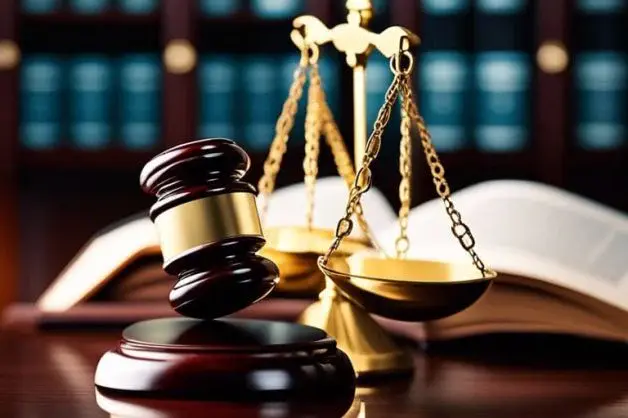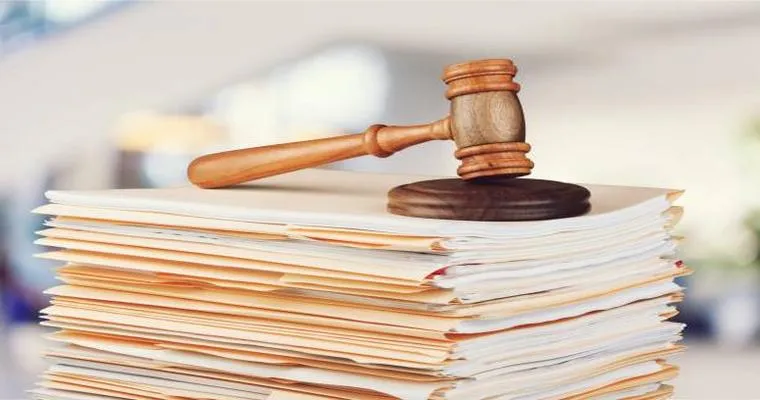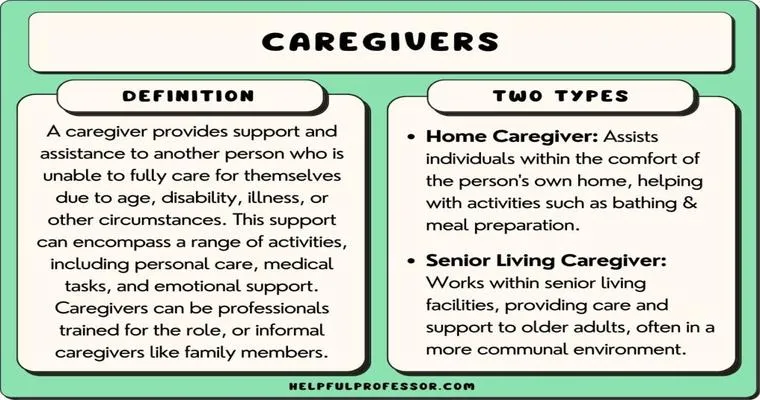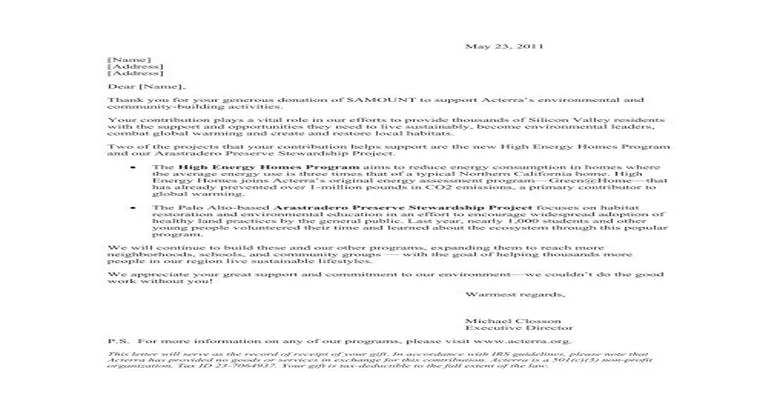Determining whether a situation qualifies as a "legal case" can be complex and often requires careful examination of the facts and circumstances involved. A "legal case" typically arises when there is a dispute that can be resolved through the "judicial system". This article aims to clarify what constitutes a "legal case", the key components involved, and the steps you should take if you believe you have a situation that may require legal intervention.
Understanding Legal Cases
A "legal case" generally stems from a conflict between two or more parties, which may involve a breach of law, contract disputes, personal injury claims, or other legal issues. To establish whether your situation is indeed a "legal case", consider the following elements:
1. Existence of a Dispute: There must be a clear disagreement between parties, whether it involves money, property, services, or rights.
2. Legal Grounds: The dispute must be based on recognized "legal grounds". This could include statutory law, common law, or regulations that govern the conduct of individuals and organizations.
3. Jurisdiction: The case must fall under the jurisdiction of a specific court or legal entity. Jurisdiction refers to the authority of a court to hear and decide a case, which can vary based on location and the nature of the dispute.
4. Evidence: There should be sufficient evidence to support your claims or defenses. This can include documents, witness statements, and any other relevant information that substantiates your position.

Steps to Take if You Have a Potential Legal Case
If you believe your situation qualifies as a "legal case", here are the steps you should follow:
1. Consult with a Legal Professional: It is advisable to seek guidance from an attorney who specializes in the relevant area of law. A legal expert can provide insight into the viability of your case and advise you on the best course of action.
2. Gather Evidence: Collect all relevant documents, correspondence, and any other materials that could support your claims. Thorough documentation will strengthen your case when presenting it to a lawyer or in court.
3. Understand the Legal Process: Familiarize yourself with the legal process that pertains to your case. This includes knowing the steps required to file a lawsuit, deadlines for submitting documents, and potential court appearances.
4. Consider Alternative Dispute Resolution: In some cases, resolving the dispute through mediation or arbitration may be more efficient and cost-effective than pursuing litigation. Discuss these options with your attorney.

Conclusion
Determining if a situation constitutes a "legal case" involves evaluating the existence of a dispute, establishing legal grounds, understanding jurisdiction, and gathering evidence. If you find yourself in a situation that may require legal action, consulting with a qualified attorney is crucial. They can help clarify your options and navigate the complexities of the legal system, ensuring that your rights are protected throughout the process. Remember, being informed and proactive can make a significant difference in the outcome of your legal matters.





